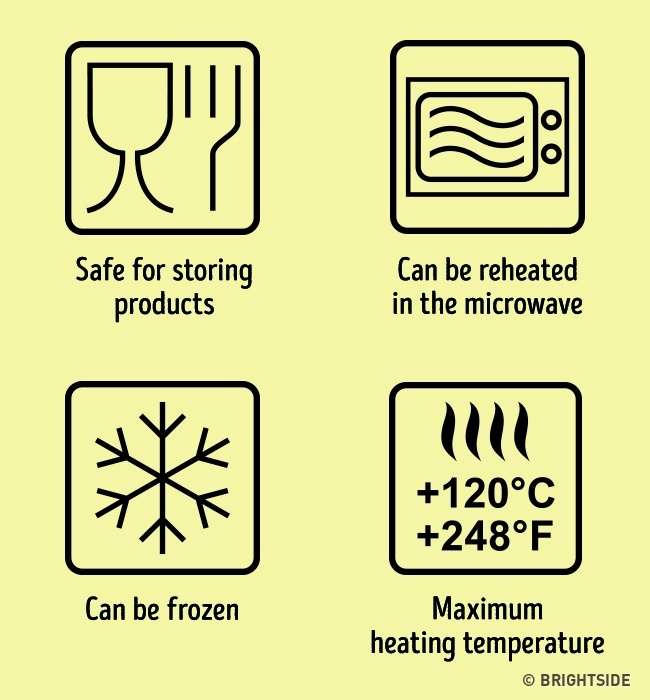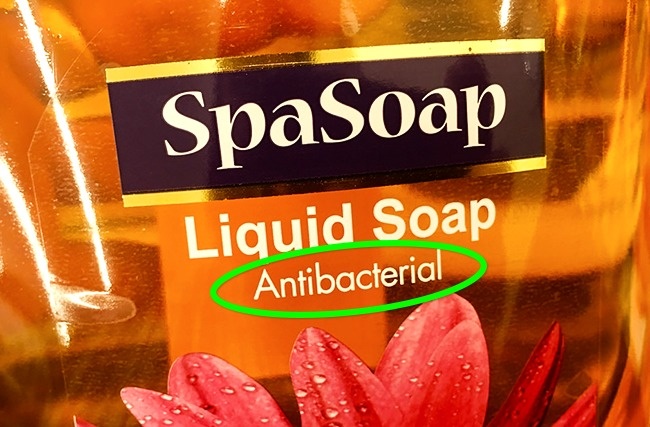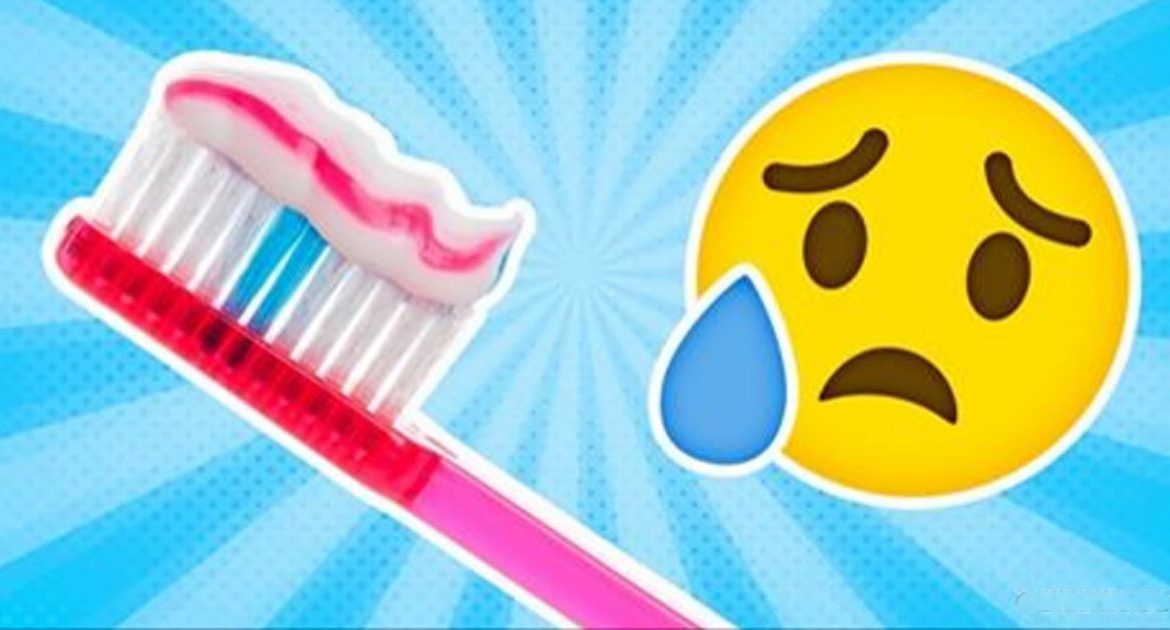Giving up damaging habits can be difficult. It’s even more difficult to drop those that we normally think of as beneficial to us that in fact can do damage to our bodies.
Liked Video has put together a list of everyday habits that can cause more harm than good.
Using perfume

Synthetic substances are often used to make perfume as they produce stronger scents and are cheaper than natural oils. These substances can cause dizziness, nausea, and drowsiness. They also irritate the eyes, throat, and skin. It’s a better idea to swap perfumes for essential oils or apply them only in a well-aired room.

Many plastic boxes contain artificial chemical substances, such as phthalate and bisphenol, that help to maintain their flexibility. If kept for a long time in plastic boxes, such substances can seep into food. Imbibing them can have an effect on the endocrine system.
It’s a much better idea to store food in containers made from glass, stainless steel, or ceramic material. Also, pay attention to the above symbols, as they provide useful information about how to use containers.
Brushing your teeth right after eating

Dentists have long recommended that you should brush your teeth at least 30 minutes after eating. If possible, an hour is even better. Food and drink — especially those which are highly acidic — have an effect on the enamel of the tooth as well as the layer below it (dentin). The movement of your toothbrush pushes the acid deeper and closer to the dentin. This can lead to extreme sensitivity and damage the enamel.
Using antibacterial soap often

A large number of useful bacteria live on the surface of our skin, playing a role in protecting our bodies. If we use antibacterial soap too often, we end up sterilizing our hands, which in turn creates opportunities for harmful bacteria to enter our bodies. Dermatologists recommend using antibacterial soap for cuts, scratches, and grazes. Don’t use it to wash your hands more than twice a week.
Drinking freshly squeezed juice

Not everyone knows that freshly squeezed fruit juice is good for you only in small quantities. In the case of certain illnesses, juices can even cause serious harm to your body. For example, grape juice is not recommended for those who are overweight or who have diabetes. Moreover, juices are strong allergens. You should be careful about giving them to children: give them only small amounts, and, if possible, consult a doctor beforehand.






